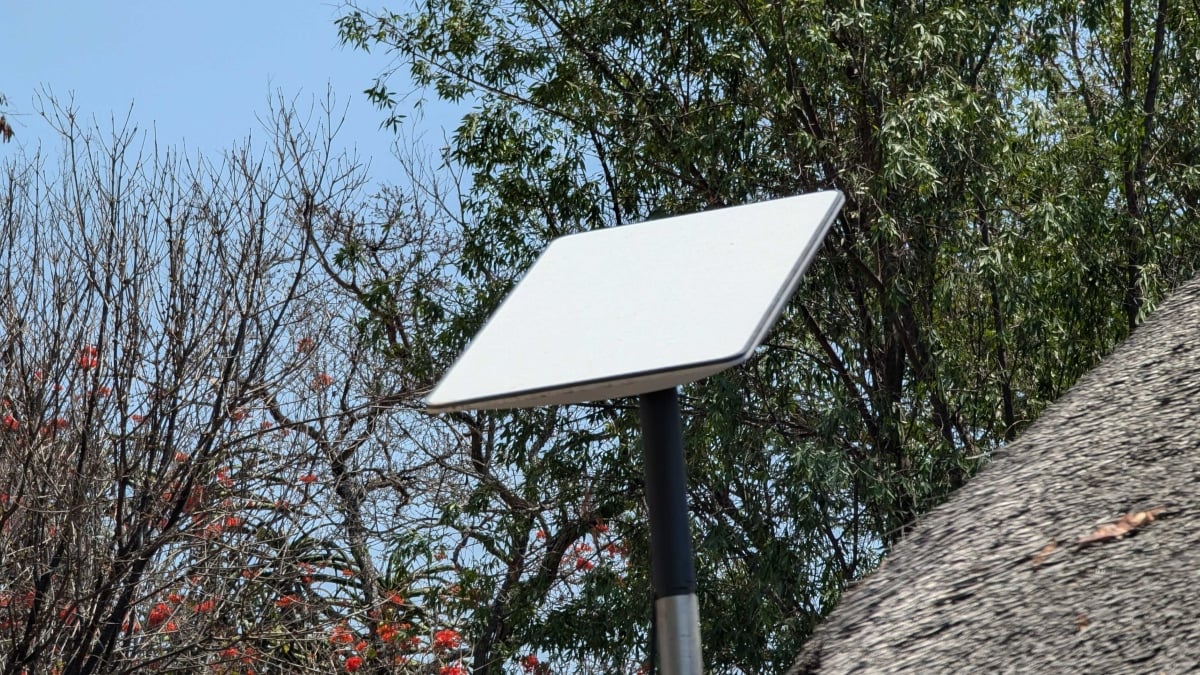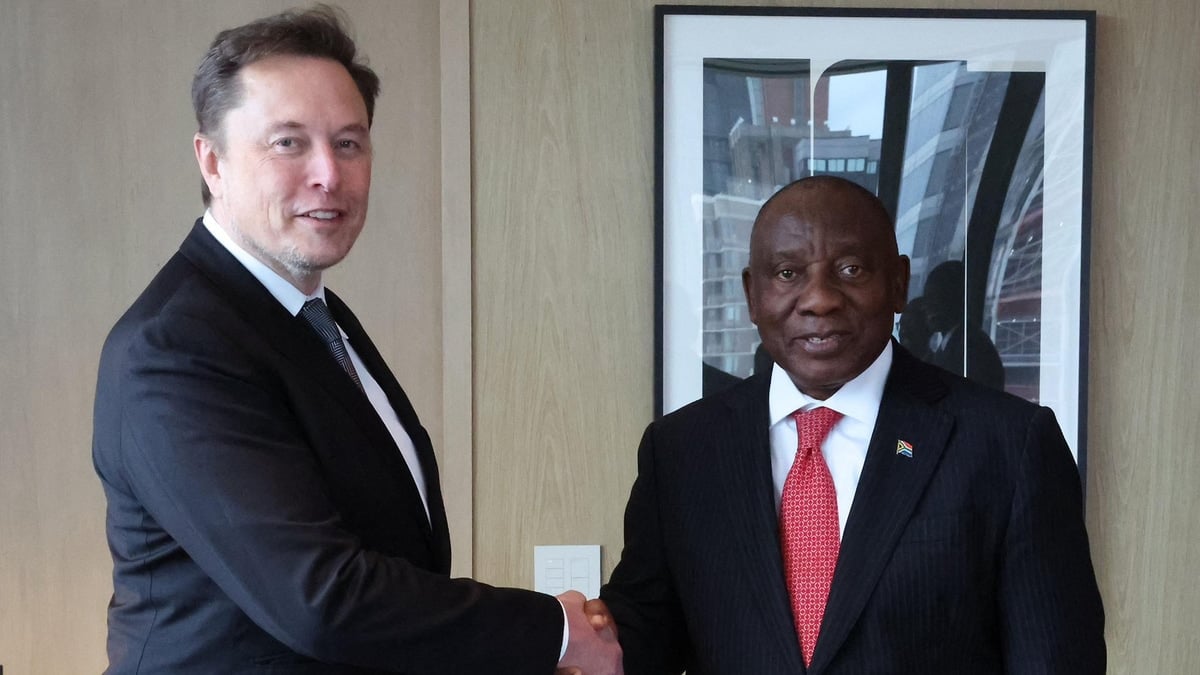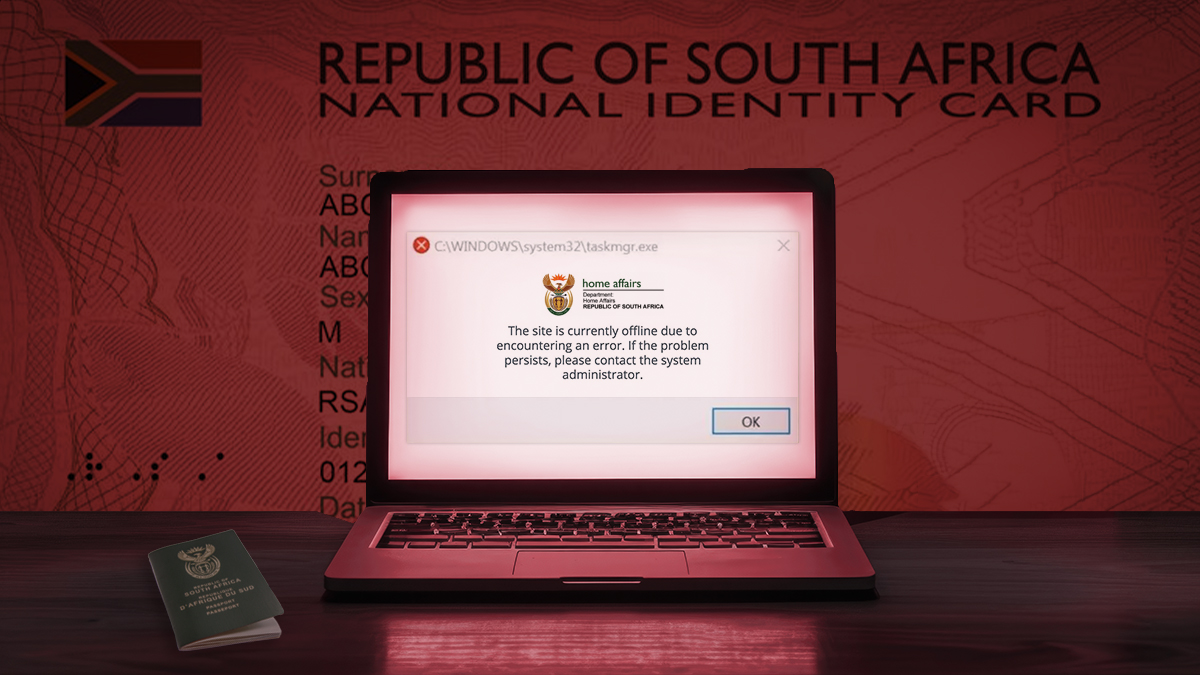Secret Starlink trial in South Africa

Anglo Corporate Services South Africa (ACSSA), a wholly-owned subsidiary of Anglo American, conducted a pilot of Starlink with the approval of industry regulator Icasa.
This was revealed in the company’s submission to the Independent Communications Authority of South Africa (Icasa) regarding a proposed new licensing framework for satellite services.
Icasa released its consultation paper for the licensing framework in August last year and gave interested parties until the end of November to respond.
Anglo’s response, dated 13 November 2024, said it obtained a limited Radio Equipment Type Approval from Icasa to undertake testing of Starlink in South Africa.
“That testing yielded positive results,” the multinational mining giant stated.
“We see satellite services like Starlink as an incredible opportunity to provide access to Internet connectivity to remote areas which currently either have unreliable access or no access at all.”
ACSSA said that although it was not a supplier of satellite services, it wanted to express support as an end-user.
“We support the development of a regulatory and/or licensing framework for satellite services in South Africa,” Anglo said.
“This will enable South Africa to maintain pace with other jurisdictions which are already rolling out such technology.”
Anglo pleaded with Icasa to expedite the regulatory reform process and highlighted several benefits of the technology for itself and the country as a whole.
“In the face of natural disasters, including extreme weather events (which are increasingly common worldwide), traditional communication infrastructure often suffers severe damage, resulting in significant disruption to emergency response efforts,” it said.
“The reliance on ground-based infrastructure becomes a vulnerability during such situations.”
Satellite services, operating independently from terrestrial systems, offer a resilient communication network that can be quickly deployed and provide uninterrupted connectivity during emergencies.
“The health and safety implications of improved connectivity cannot be overstated,” Anglo continued.
“These technologies may enable remote telemedicine and telehealth services as well as facilitate remote monitoring and real-time data transmission in hazardous work environments.”
This improves worker safety and reduces the risk of accidents, it said.
“The opportunities presented by satellite services to bridge the digital divide by providing connectivity to enable access to the Internet for teaching and learning also cannot be underestimated,” said Anglo.
Regarding Icasa’s proposed licensing framework for satellite services, Anglo asked for an addition to address its scenario where it wanted to test the product.
“To accommodate for situations like our need to pilot and trial technology, we specifically suggest that provision for exemptions and trial licences to enable end users and others to test technologies must be included,” it said.
“To achieve the overall objective — which we assume to be access in remote locations — we recommend provision for flexibility in spectrum fees where appropriate and on good cause shown.”
Where legislation and regulation require satellite service providers to provide personal details of their customers, Anglo said this should comply with data privacy protection laws.

While Icasa’s consultation paper was generally positively received, its proposals would do little to remove the hurdles preventing Starlink from launching in South Africa.
Among the proposed new regulations is that satellite providers would have to register the capacity they wish to offer in South Africa.
Icasa will then publish a list of registered foreign satellite capacity providers on its website.
However, the lack of regulations like these is not the reason Starlink has not launched in South Africa.
It abandoned plans to launch in South Africa because of strict black ownership requirements for Internet service providers that Icasa issued in March 2021.
Currently, Icasa requires that companies acquiring national network infrastructure and service licences be 30% owned by historically disadvantaged groups.
However, four years ago, it introduced new regulations that would change this requirement to 30% black-owned.
Icasa received much negative feedback about this change during the public consultation phase.
It forged ahead with it anyway and left the specific regulation suspended until an undetermined future date, leaving South Africa’s broadband industry stuck in limbo.
Following conversations between President Cyril Ramaphosa and Elon Musk, as well as communications minister Solly Malatsi and Starlink, a workaround is now underway.
Malatsi announced last year that he would issue a policy direction that Icasa urgently consider implementing an equity equivalent programme.
This would provide an alternative way for overseas telecommunication companies to meet South Africa’s BEE ownership requirements.
“After consultation with Icasa, the proposed policy direction will be published for comment as per the Electronic Communications Act,” Malatsi said.
































